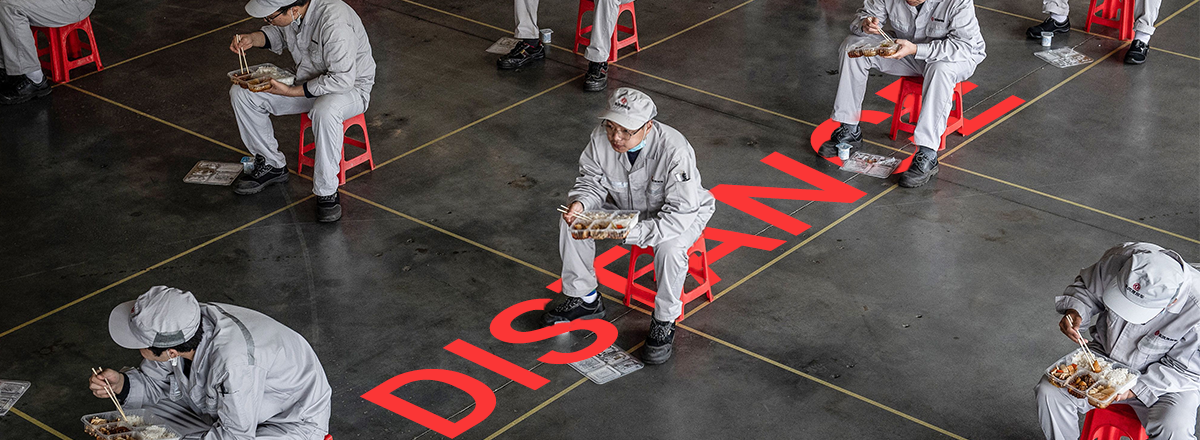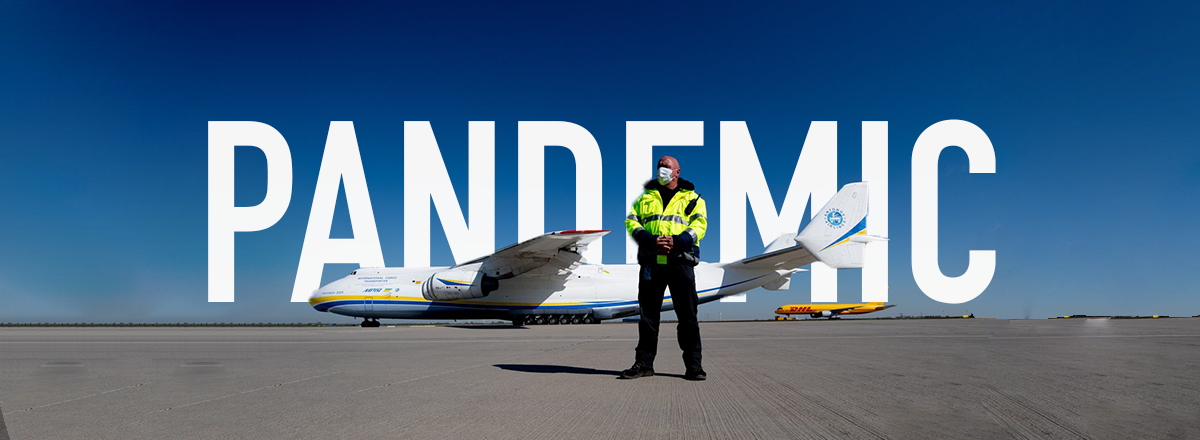After months of self-isolation, we all can’t wait to go on a trip, at least for one night or a weekend. Some countries are gradually opening their borders, so traveling might return to our lives, but under certain conditions, of course.
Before the coronavirus pandemic, few people seriously thought about what to check before renting a country house or booking an apartment. After all, even if you take the risk associated with transport, do not forget that the place where you plan to rest can also hide threats.
What are the pitfalls of traveling during the COVID-19 pandemic?
The Centers for Disease Control and Prevention (CDC) warn that travel increases the chances of getting or spreading COVID-19. The travel industry is taking this seriously: the American Hotel & Lodging Association and the Vacation Rental Management Association have issued guidelines for hotels and landlords.
Regardless of your choice of accommodation during vacation, the main problem is that you can be in close contact with infected people (within a distance of less than 2 m). Remember that a person with COVID-19 can be contagious before they develop symptoms. You have to assume that everyone around you may be infected, including you. For some reason, contact with contaminated surfaces causes less concern in humans, although not taking this fact into account is a monstrous oversight.
There are reports that the coronavirus has been found on the surfaces of hotel rooms. Minimize contact with countertops, chairs, sinks, and duvet covers that have not been cleaned or disinfected. Public health guidelines also vary, so check local ones before traveling.

What should you pay attention to while booking a place?
Unfortunately, you cannot 100% protect yourself from COVID-19 or any other viruses. But the good news is that you can make your stay safer. Remember that it depends on the type of accommodation: for example, unlike hotels or rented houses, campgrounds usually only have shared bathrooms. Before booking your accommodation, find out how the owner is trying to reduce the risk of infection.

What questions do you need to ask before booking?
- How the owners monitor the cleanliness of the air and what is the frequency of cleaning. Ask them if there is an option to wash or disinfect your hands in common areas. Technical means such as ventilation enhancement or HEPA (High Efficiency Particulate Air or High Efficiency Particulate Arrestance) filters in the ventilation system should also be used.
- Whether there are contactless tools such as digital keys.
- What are the rules regarding face masks and medical examinations for guests and hotel staff?
- Is it allowed to rent a room for one night, which increases the number of people and, therefore, increases the risks? It is better to give up places where you can rent accommodation for the day.

What needs to be done to make a vacation during a pandemic as safe as possible?
- Wear a face mask and maintain social distancing in public. Stay in closed, poorly ventilated areas such as elevators as little as possible. Do not touch contact surfaces in public places: elevator call buttons, doorknobs, dining tables, and chairs. They are unlikely to be disinfected after every person. Better use a self-sterilizing device. We talked about how to do it in our Handy Tips section. Wash your hands or use a sanitizer after visiting public areas.
- Put personal belongings like a driver's license or ID card that can be touched by other people in plastic cases or zip bags. Take bags with you to put things in after disinfection. Ask the staff to take pillows and duvet covers away before your arrival.
- A smart option is to dine outdoors. If you eat indoors, make sure there is ventilation, and there is a distance between tables.
- Bring daily ace masks or soap when traveling to wash the reusable mask every day. Don't forget hand and surface sanitizers and paper towels.
It is important to remember: even following the advice from this list, you still cannot exclude the possibility of infection. Now is not the best time for traveling without necessity. You may need rest, but COVID-19 never rests.














